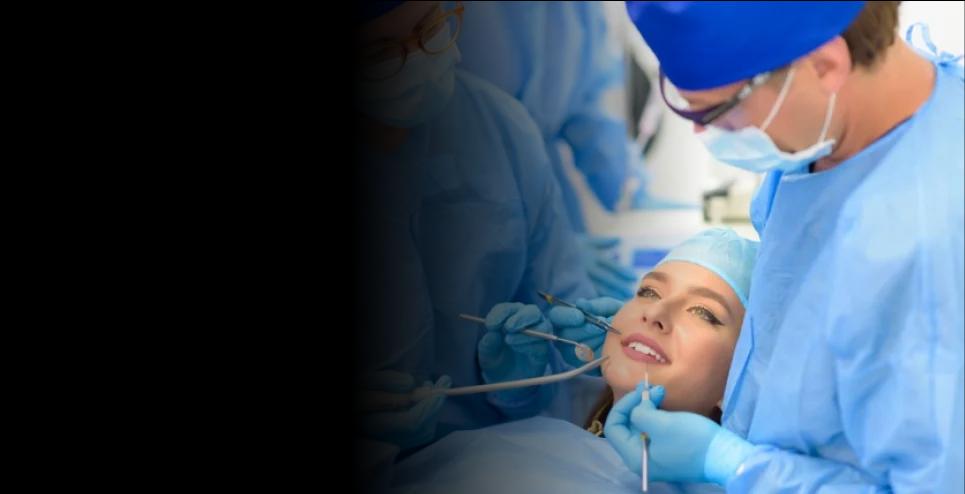Arrhythmia Surgery
at Sterling Hospitals - Rajkot

at Sterling Hospitals - Rajkot

How can we help you?
Arrhythmia Surgery
Arrhythmia surgery refers to surgical procedures performed to treat irregular heart rhythms (arrhythmias). These surgeries aim to restore the heart's normal rhythm and improve its function. Arrhythmias can range from mild palpitations to life-threatening conditions like ventricular fibrillation, and surgery may be necessary when other treatments fail to effectively manage the condition.
When and why do people go for Arrhythmia Surgery?
People undergo arrhythmia surgery when they experience severe or life-threatening arrhythmias that cannot be controlled with medication or other non-invasive treatments. Surgery may be recommended to correct structural abnormalities in the heart, such as repairing damaged heart tissue, removing scar tissue, or implanting devices like pacemakers or implantable cardioverter-defibrillators (ICDs) to regulate heart rhythm. The goal is to reduce symptoms, improve heart function, and prevent serious complications like stroke or sudden cardiac arrest.
What makes Arrhythmia Surgery different from other treatment options?
Arrhythmia surgery offers a more targeted and definitive approach to treating irregular heart rhythms compared to other treatment options. While medications can help manage symptoms, they may not address the underlying structural issues or provide long-term relief. Arrhythmia surgery, on the other hand, directly targets the source of the arrhythmia, whether it's abnormal electrical pathways, damaged heart tissue, or structural abnormalities. This surgical intervention can provide lasting improvement in heart rhythm control and reduce the need for ongoing medication management.
How does life change after Arrhythmia Surgery?
Life after arrhythmia surgery can bring significant improvements in heart health, symptoms, and overall quality of life. Following the procedure, many patients experience a reduction in arrhythmia symptoms such as palpitations, dizziness, or shortness of breath. With restored heart rhythm control, individuals often find it easier to engage in daily activities, exercise, and lead an active lifestyle without the fear of sudden cardiac events. While recovery may involve some adjustment and ongoing monitoring, many patients experience a renewed sense of well-being and improved cardiovascular health after arrhythmia surgery.
Our Doctors
Our
Doctors
Our physicians are committed to delivering personalized care tailored to your unique needs. From routine check-ups to complex procedures, trust in our compassionate experts to guide you on your journey to optimal health and well-being.
